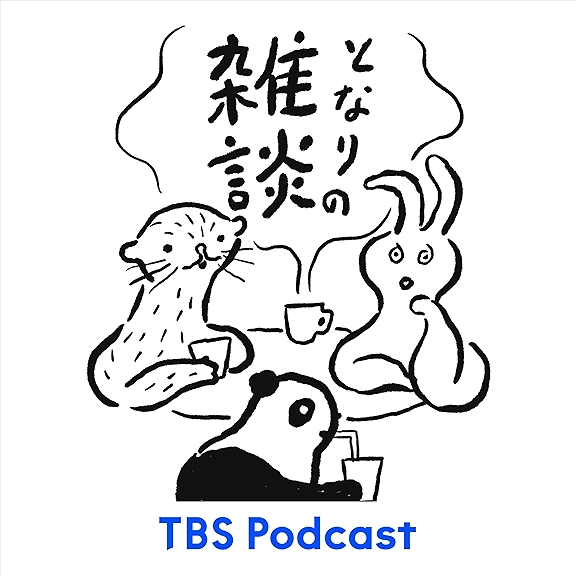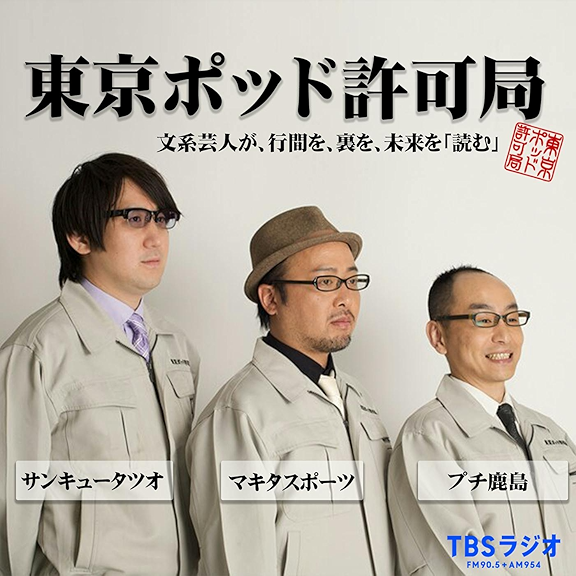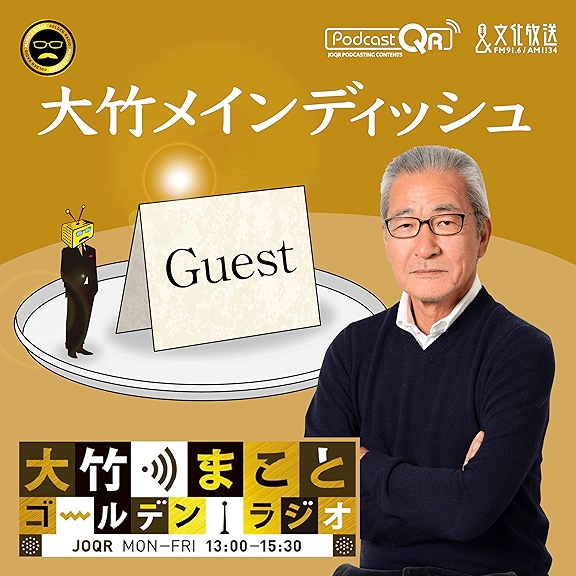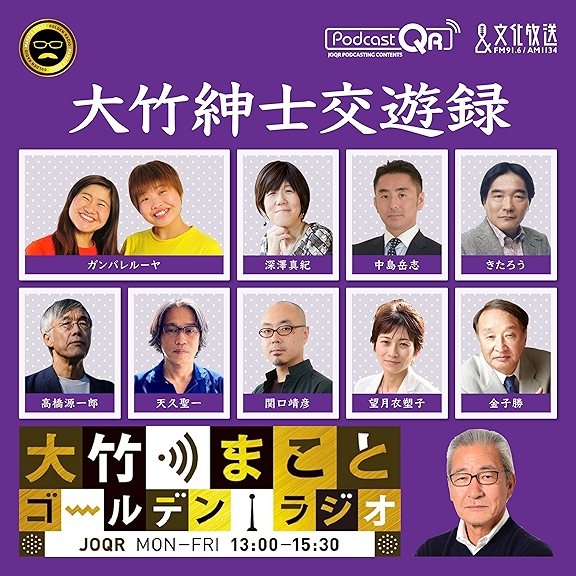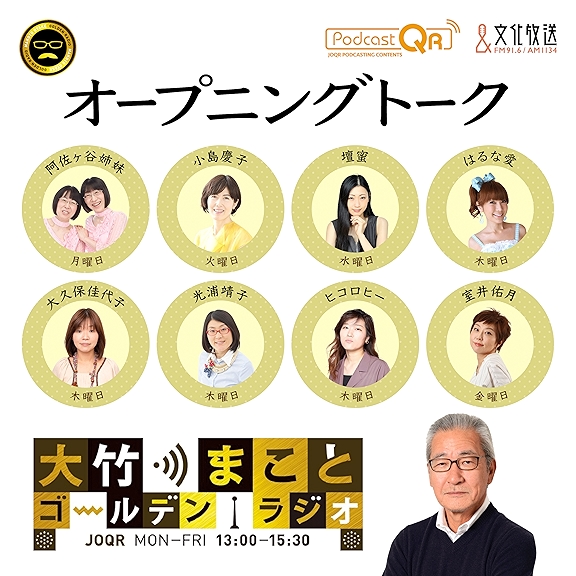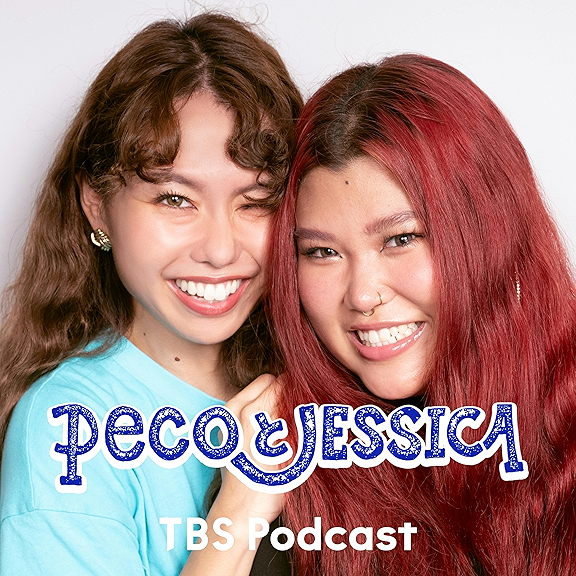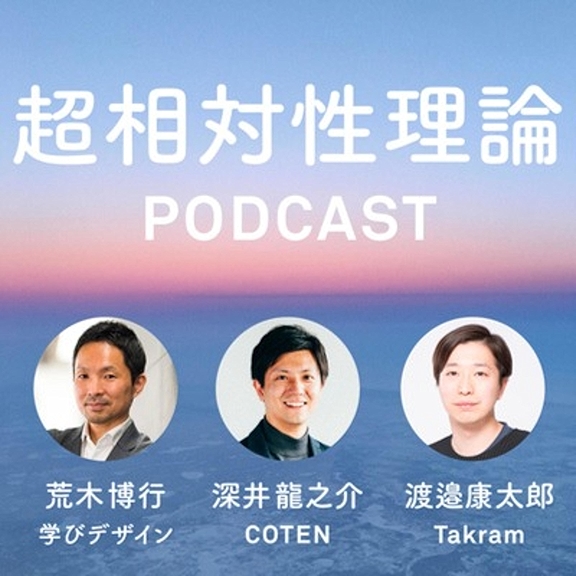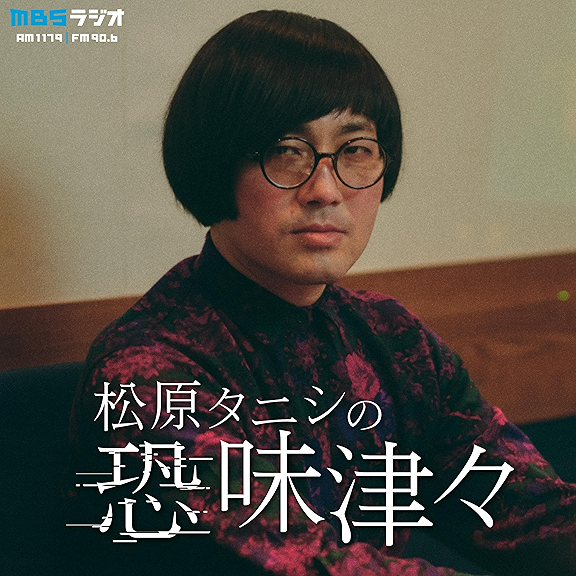
In this episode, host AJ Hinton is joined by Alissa Armstrong, an Assistant Professor in the Department of Biological Sciences at the University of South Carolina (SC, USA). Armstrong uses the model organism Drosophila melanogaster – the fruit fly – to research how multiple organs communicate information about nutrition to one another.
Armstrong is a Chan Zuckerberg Initiative (CZI) Science Diversity Leadership (SDL) grantee, awarded for her study of inter-organ communication with adipose tissue and her long-standing commitment to mentoring and outreach activities since graduate school. Her passion for mentoring the next generation of Black and Brown students has been at the forefront of her science journey, and she is now participating in two programs: South Carolina – Advancing Diversity in Aging Research (SC-ADAR) and Post-baccalaureate Research Education Program (PREP). Here, she discusses her research, how she encourages a healthy working environment in her lab and how her mentoring work and mentoring practices help encourage diversity in
Contents
- Introductions 00:00–02:07
- Could you tell us a bit more about your research focus? 02:07–03:23
- How did you secure a CZI SDL grant? 03:23–07:38
- What drives you to support and mentor students? And what should students look for in a mentor? 07:38–09:28
- How do you collaborate with students and mentees to get them excited about science, and how do you foster their growth and leadership within science? 09:28–12:00
- How do you encourage creative thinking in the workplace? And how does the sense of ‘belonging’ translate to an academic environment? 12:00–14:34
- What are your greatest mentoring accomplishments? 14:34–16:26
- When you were growing up, did people ever discourage you, and if so, how did you overcome that? 16:26–17:49
- What are some of your greatest science accomplishments? 17:49–18:51
- How can mentoring in science be improved? 18:51–20:08
- How does diversity, equity and inclusion (DEI) fit into science spaces? 20:08–22:10
- What motivates you and your lab to do great science? 22:10–25:22
- How did you acquire the skills to be both a professional and personal support to your mentees? 25:22–27:55
- How do you and your lab set boundaries for productivity to ensure that you’re not over-working? 27:55–30:36
- What do you see your lab focusing on in the future? 30:36–31:56
- Where do you think DEI will go in science and mentoring in the future? 31:56–32:30
- Do you have any open postdoc or graduate positions at the moment? 32:30–34:02
- What’s the tea? 34:02–35:11
- Outro 35:11–35:36
Hosted on Acast. See acast.com/privacy for more information.
